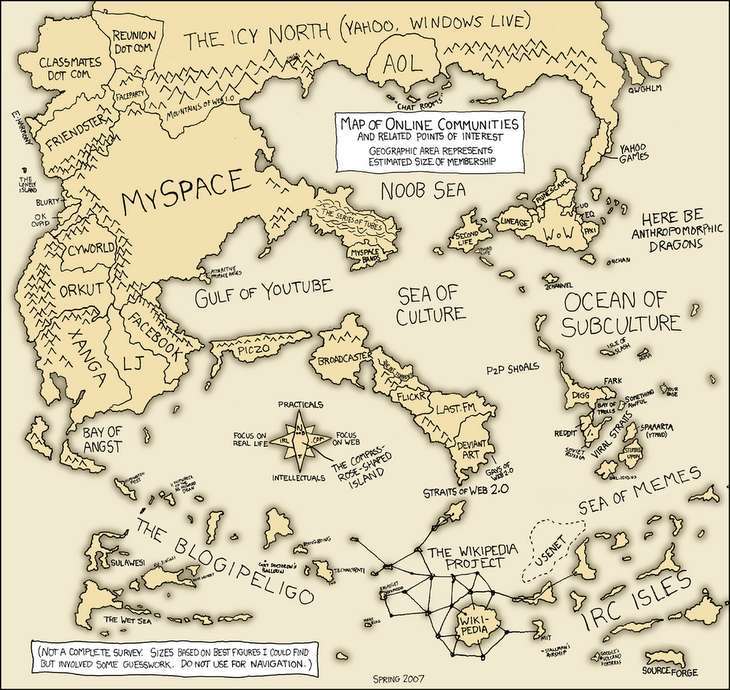Several months ago, someone told me about social networking sites that function as matchmaking tools for arranging marriages- a cultural practice that is common for nearly half the world's population, including India, China, and Indonesia, as well as Hindus, Muslims, and Buddhists. In a fit of brainstorming for my next research project, this conversation came to mind and I quickly discovered Shaadi.com, an Indian version of an online dating site. Curious, I filled out a profile of my own to see what kinds of categories one could choose amongst for self-representation.
Well, first of all, it's clear that most of the profiles on the site are filled out by parents, who are traditionally responsible for the search for and approval of potential husbands and wives. Among the more salient identity markers are Religion/Community (Hindu, Muslim, Christian, Sikh, Jain, Parsi, Buddhist, Jewish, "No Religion," "Spiritual- Not Religious," and "Other), Education, Profession, and Lifestyle (diet, smoking and drinking habits). Arranged-Marriages are ideally between two members of the same caste or sect, and Shaadi.com certainly covers the gamut. Potential matches are also frequently judged by education level and profession, as well as the aforementioned "lifestyle habits," which are heavily informed by religious beliefs.
A few other things I learned about while creating a profile on the site:
• The alignment of the stars at one's birth determines if a person is a Manglik, and Shaadi.com inquires as to one is. In Indian astrology, Mangliks are destined for difficulties in marriage. In order to balance out these negative forces, it is often suggested that a Manglik marry another Manglik, based on the idea that two negatives make a positive. Astrology in general is quite important for many Indians, especially Hindus, when it comes to marriage, and Shaadi.com users may incorporate a variety of astrological readings in their profiles.
• Like pretty much every social networking site, one can fill in an open-ended "About Me" box. However, on this site, there is also a significant section called "About My Family." Shaadi.com offers a few pointers for users filling out this section, the first of which suggests describing the family's outlook and approach towards life. Early on in the registration process, one could select whether her "Family Values" are traditional, moderate, or liberal. Clearly, the degree to which one's family embraces more traditional or more liberal attitudes and values has a significant effect on the matrimonial process.
• Admirably, the site also inquires about users' HIV status. Though figures place the percentage of HIV-infected people in India at a seemingly minute 0.36%, with the country's enormous population this amounts to between 2 million and 3.6 million Indians living with HIV. While there is some evidence that the rate of infection is currently declining, likely due to successful prevention and awareness campaigns, there is also plenty of evidence to the contrary. Given the rampant fear and stigmatization of HIV-positive individuals in communities everywhere, marking oneself as HIV-positive on the site likely drastically reduces one's chances at finding a spouse. However, as with both Mangliks and "Special Cases," another profile category wherein one can indicate mental and/or physical handicaps, the site makes finding others who share their "condition" a much easier process in many ways.
This semester, I am taking only one class as I complete my graduate thesis, the last class I will ever take at Wesleyan: Nationalism and the Politics of Gender and Sexuality with Professor Kauanui. Like most of the classes I've taken, I'm to conduct a semester-long research project, giving me the opportunity to conduct another mini-ethnography related to online social networking. As such, I'll be regularly posting my most pertinent and interesting findings. Stay tuned!




